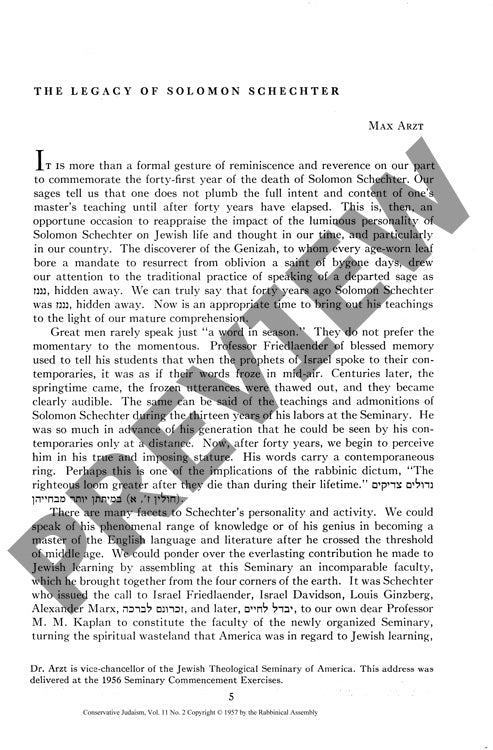The Legacy of Solomon Schechter
Couldn't load pickup availability
Solomon Schechter's enduring influence on American Jewish life emerged from his remarkable ability to bridge two worlds - the traditional Jewish learning of Eastern Europe and the critical scholarship of Western academia. Forty-one years after his death, his legacy as a transformative religious leader and scholar continues to shape modern Judaism. Through biographical and intellectual analysis, this research traces Schechter's evolution from his Romanian roots through his scholarly development in Vienna, Berlin, and Cambridge, to his decisive leadership of the Jewish Theological Seminary from 1902-1915. Schechter crafted a unique synthesis that challenged both radical reformers who diluted Judaism's essential character and traditionalists who rejected modern scholarship entirely. His threefold contribution revolutionized American Judaism: scholarly works like "Some Aspects of Rabbinic Theology" rehabilitated rabbinic literature, the United Synagogue of America established the Conservative movement, and his concept of "Catholic Israel" provided a unifying vision of Jewish peoplehood. By establishing a viable middle path that preserved authentic tradition within modern frameworks, Schechter successfully countered religious fragmentation in American Judaism. His emphasis on intensive Jewish education and theological renewal holds particular relevance today, as religious consciousness gains renewed attention in the post-secular age.

More Information
-
Physical Description
-
Publication Information
Published 1957
ISBN
-
Publication Credits
Max Arzt

